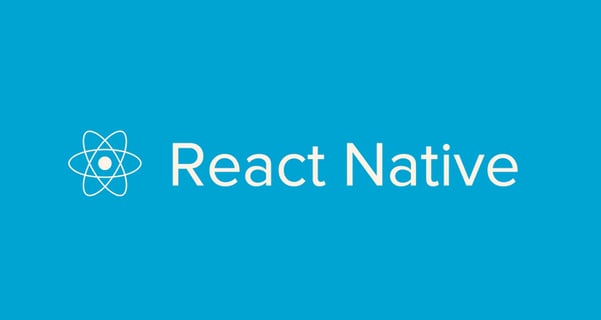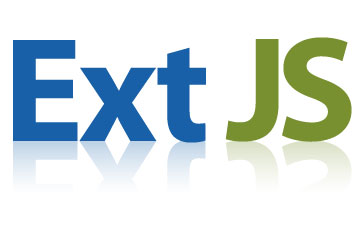A Complete Guide on How to Raise Funds for Mobile Apps
So you have a great idea for a mobile app. You might also believe it to be a breakthrough concept. It is a common misconception among would-be...
3 min read
Sales : Jan 29, 2018 12:00:00 AM

Mobile app development is an ever-growing industry with new applications and uses cases coming every day. But it is not only the use cases that are increasing but also, the tools available for developers to design these applications. There was a time when we had no choice but to code an application from scratch for every platform. Now we can use cross-platform mobile app development tools that can provide native-like functionality to our apps. Hence, we write once but run everywhere using simple extensions and frameworks. In this article we will discuss some of the popular tools that offer this functionality along with the pros and cons of each.

Developed by the team behind Apache Cordova, this tool offers a FOSS environment that allows for cross-platform mobile app development. It consists of a compiler, debugger, and a few testing tools. The key web technologies involved are HTML5, CSS3, and JavaScript. PhoneGap comes with a wide range of plugins like Image Capture plugin, Push plugin, Media Recorder Plugin etc.
It possesses a plugin-able architecture allows developers to trigger smartphone features like GPS, accelerometer, camera, sound and much more. Hence it works as a flexible tool to create highly functional apps. It also supports in-app purchases for the iOS app store and Google Play Store. Overall it is a great tool for developers with expertise in front-end technologies. You might need to implement 3rd party caching and graphics acceleration as the apps developed on this platform are usually a little slow.
Read More: 10 Steps to Develop Successful Mobile Apps

It is also a cross-platform development tool that can be used to build, test, deploy and test the functionality of the mobile app. Appcelerator also uses JavaScript programming as a universal code mechanism. The universal code here implies that the same code can be used to develop applications for different platforms like iOS, Android, Blackberry etc. It an excellent choice for rapid application development if the developer is skilled in JS.
It offers a schema-less database, ArrowDB that allows you to deploy data models with zero setup efforts. It also offers pre-built integrations with MS Azure, MongoDB, MS SQL, Salesforce, Box, etc. The tool has a reputation for being a little buggy and laggy along with support from its developer community. These backlogs are addressed better in the newer versions.
Read More: 10 Key Metrics to Measure User Engagement on Mobile

React native is an open-source cross-platform app development framework from Facebook. It follows the “learn once, write everywhere” initiative. It uses JavaScript as its base language and offers scope for native functionality. Once coded you can port your application to both Android and iOS using the same base code. The best selling point of React Native is that even though it is a cross-platform framework, it creates apps with look and feel of a native application. Thus, it offers great user experience.
It is an emerging framework as enables rapid prototyping and offers high initial velocity. It is also easy to learn the basics and get started especially if you are skilled in JS. While all this sounds great, the JavaScript code uses too much of memory for calculation-intensive tasks. It is great for agile development and proves to be effective in majority cases.
Read More: 7 Design Tips to Develop Phenomenal Mobile Apps

Sencha’s ExtJS is somewhat similar to React Native in terms of functionality, pros, and cons. Its differentiating factor is the use of Ext JS framework for development. It comes in both free and paid versions (starting at $4340 for 5 developers). It offers a visual app builder for HTML5, along with the reusability of custom components. Its native app packager handles the distribution to stores like Apple Store and Google Play.
Since it uses HTML5 for development you can test and run your apps on browsers as well as mobile apps. It also complements well with other cross-platform tools like Adobe PhoneGap for development of highly functional applications.
Read More: Complete Guide to Raising Funds for Mobile Apps
RhoMobile provides Rhodes, a Ruby-based open-source framework that can support Android, Windows Mobile, Symbian, iPhone and RIM - basically all you’ll need. RhoMobile comes with RhoHub, a hosted development environment for developers to code the application and RhoSync, a standalone server that helps you store all the app data and keep it up to date on the users’ devices.
You can create native-like apps, spanning across distinct platforms using a single code. Native apps work exceptionally well in dealing with available hardware hence, the job gets done with relatively more ease, speed, and accuracy.
Are you looking for mobile app developers who can help you with your project? With over 10 years of experience in mobile app development, we have developed deep expertise in working on distinct technologies and solutions. Contact us today for a project or POC. Meanwhile feel free to check out our portfolio.

So you have a great idea for a mobile app. You might also believe it to be a breakthrough concept. It is a common misconception among would-be...

Let me introduce you to a word. You might know it already. You might be even aware of its importance. But you are here. This means that you want to...
 Read More
Read More